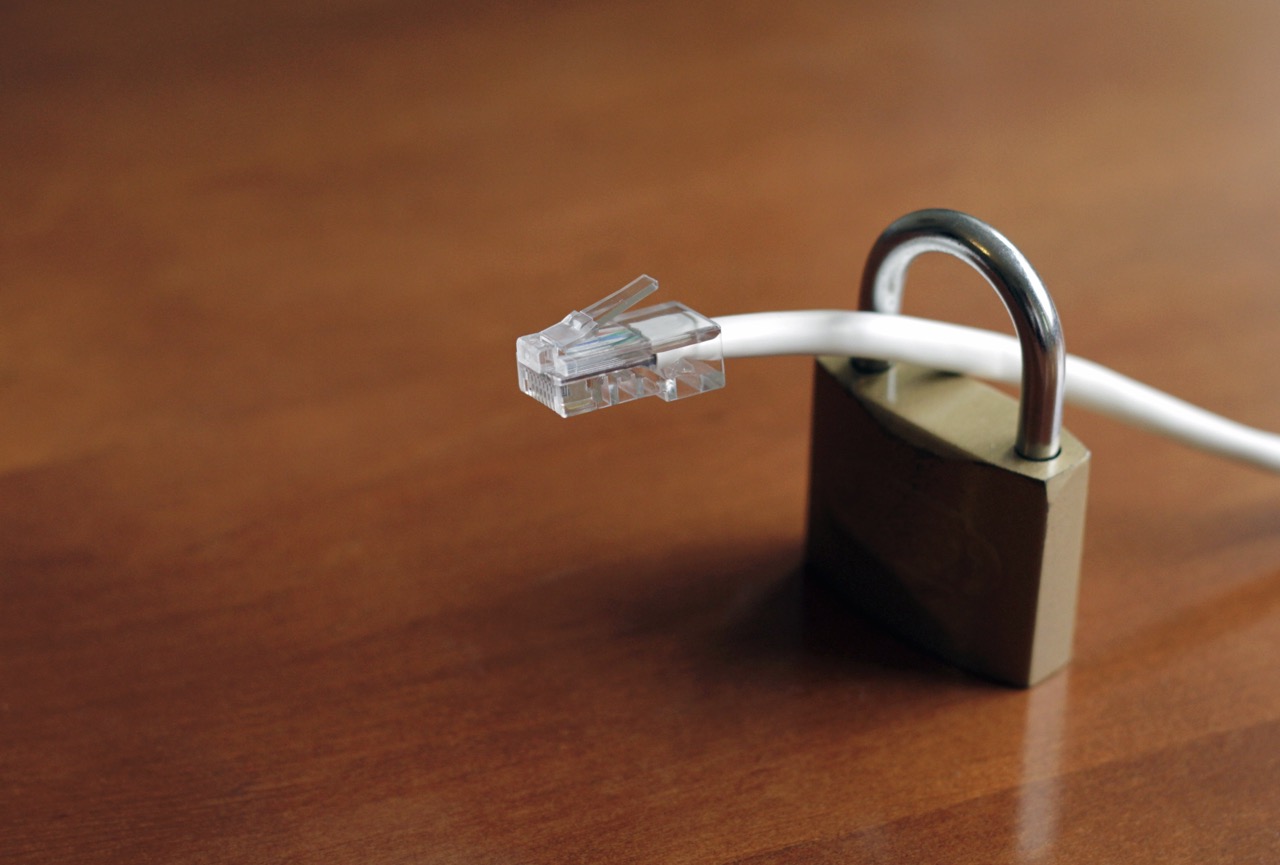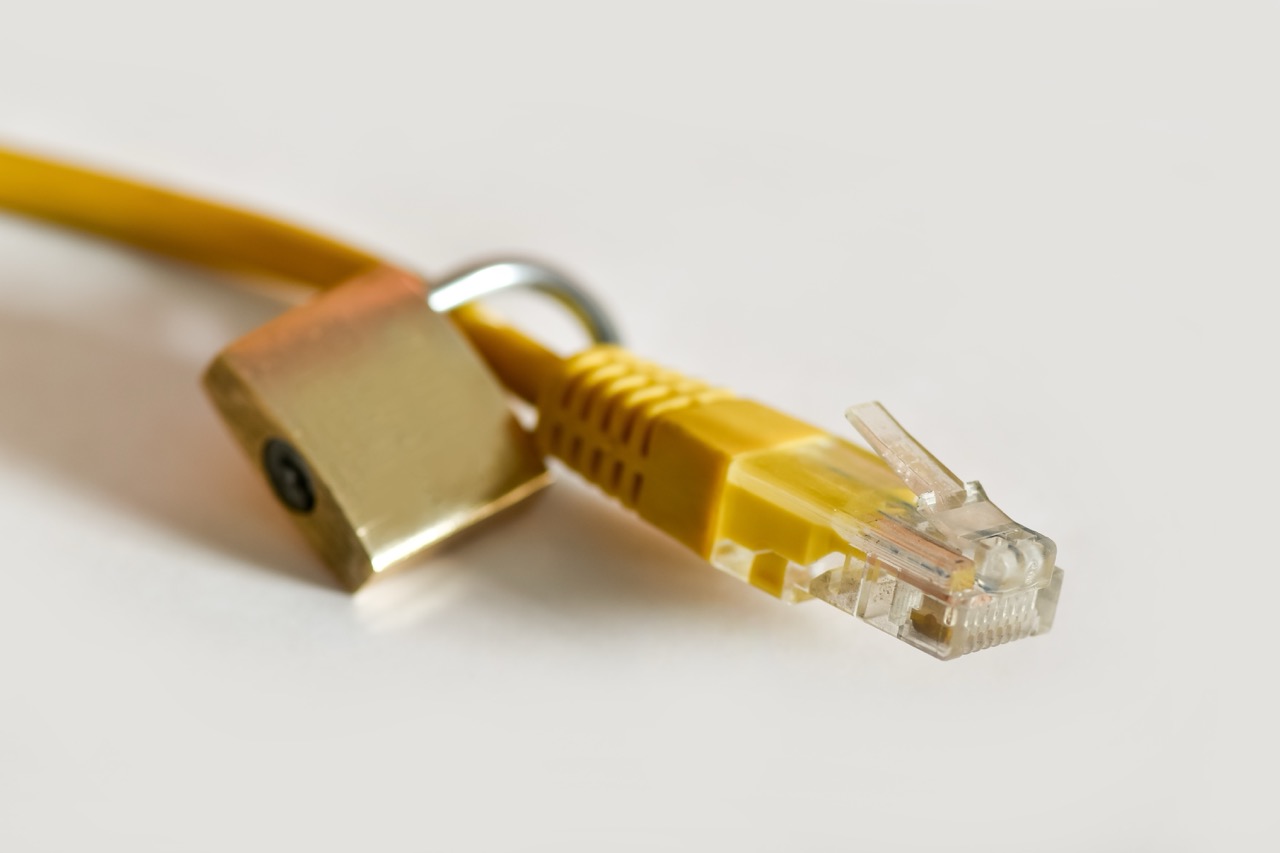In an era where internet connectivity is crucial, concerns about speed and security are more relevant than ever. Virtual Private Networks (VPNs) have emerged as essential tools for enhancing online privacy and security, yet many users wonder whether these services might come at the cost of their internet speed. NordVPN, one of the leading providers in the market, promises not only robust security features but also reliable performance. In this article, we’ll explore whether NordVPN can genuinely improve your internet speed or if it might slow you down.
Understanding VPNs and Their Impact on Internet Speed
A Virtual Private Network (VPN) creates a secure tunnel between your device and the internet, encrypting your data and masking your IP address. This process involves routing your internet traffic through a remote server, which can lead to both positive and negative effects on your internet speed. On one hand, VPNs can enhance speed by optimizing your connection through servers that are closer to the content you are accessing. On the other hand, the encryption process and the additional distance that your data travels to reach the VPN server can introduce latency, potentially slowing down your connection.
Factors influencing the impact of a VPN on internet speed include the server load, the distance to the server, and the encryption protocols used. When a VPN server is heavily congested with users, the speed can significantly drop due to shared bandwidth. Conversely, connecting to a nearby server that is less congested may result in faster speeds. Moreover, different encryption protocols have varying impacts on performance; some prioritize speed while others focus on security, thus creating a trade-off that users must consider.
In summary, while VPNs are designed to enhance online security, they can also influence internet speeds based on various factors. Understanding these dynamics is crucial for users who wish to make informed decisions about their VPN usage and its potential effects on their internet performance.
How NordVPN Works: Features That Affect Performance
NordVPN employs a range of advanced technologies to ensure a secure and efficient browsing experience. One of its standout features is the NordLynx protocol, which is built on the WireGuard technology. This protocol is known for its lightweight design and efficiency, allowing for faster speeds compared to traditional protocols like OpenVPN. By optimizing the connection process, NordLynx aims to minimize latency, making it a strong contender for users prioritizing speed while using a VPN.
Another significant feature of NordVPN is its extensive server network, boasting over 5,400 servers in more than 60 countries. This vast infrastructure enables users to connect to servers that are geographically closer, which can lead to improved connection speeds. Furthermore, NordVPN regularly updates its servers and adds new ones to maintain performance and reduce the likelihood of congestion, ensuring that users can find reliable and speedy connections.
Additionally, NordVPN offers features such as split tunneling, which allows users to choose which applications route through the VPN and which connect directly to the internet. This functionality can enhance speed for specific tasks while maintaining security for others, providing a tailored experience for users who want to strike a balance between speed and security.
Testing NordVPN: Speed Comparisons and Results
To determine how NordVPN affects internet speed, several benchmark tests can be conducted across various connection types and locations. Typical tests measure the download and upload speeds, as well as latency, both with and without the VPN active. Reviews and user feedback have often shown mixed results, with some users reporting enhanced speeds, particularly when connecting to nearby servers using the NordLynx protocol, while others experience reduced speeds on congested servers.
In independent tests, NordVPN has consistently performed well, often ranking among the fastest VPNs available. For instance, users connecting to a nearby server have reported speeds that are comparable to or even exceed their base speed. However, the performance can vary based on the server’s location and the overall internet traffic at the time of testing, highlighting the importance of choosing the right server for optimal performance.
Overall, while individual results may vary, the general consensus from speed tests suggests that NordVPN can maintain high speeds under optimal conditions. Users can expect a reliable performance that often mitigates the speed loss commonly associated with VPN usage, especially when using the right configuration and servers.
Conclusion: Is NordVPN Worth It for Speed Improvement?
When considering whether NordVPN is worth the investment for speed improvement, it’s essential to weigh its features and performance against individual needs and circumstances. For users seeking a balance between online security and speed, NordVPN’s unique offerings, particularly its NordLynx protocol and extensive server network, suggest that it can enhance the browsing experience without significant trade-offs in speed.
However, the effectiveness of a VPN in improving internet speed ultimately depends on various factors, including the user’s location, the server chosen, and the overall internet conditions. Users in areas with limited internet service options may find substantial benefits from connecting through NordVPN to access faster servers, while those in regions with strong internet infrastructure may see less noticeable differences.
In conclusion, NordVPN stands out as a robust option for users looking to improve their internet experience through a combination of security and speed. While it may not universally enhance speed for every user, its advanced features and reliable performance make it a worthwhile consideration for those prioritizing both privacy and connectivity in their online activities.
In today’s digital landscape, where speed and security are paramount, NordVPN presents a compelling solution for internet users. By understanding how VPNs affect speed and exploring NordVPN’s unique capabilities, users can make informed choices about their online privacy and performance. Ultimately, the investment in NordVPN could lead to a more secure and faster internet experience, tailored to the demands of modern-day browsing.










